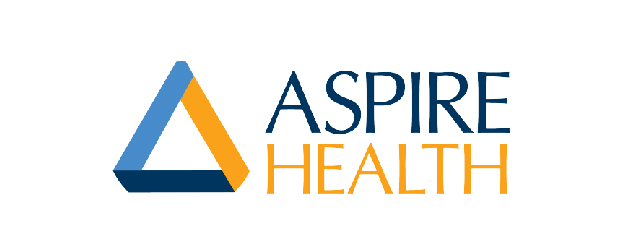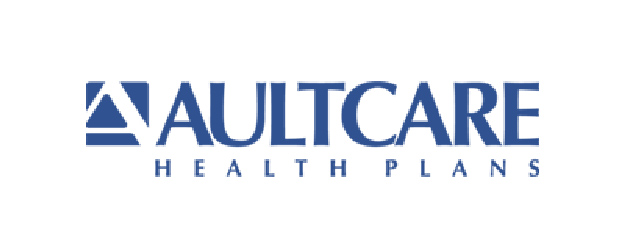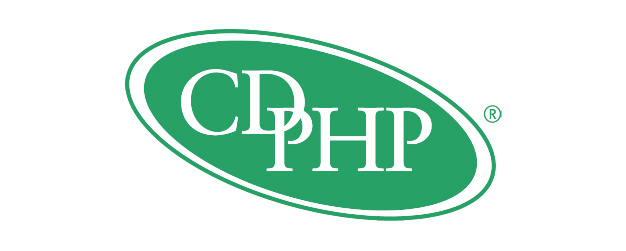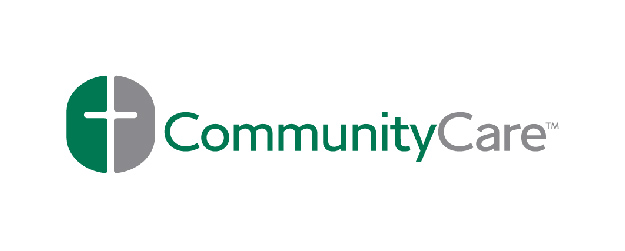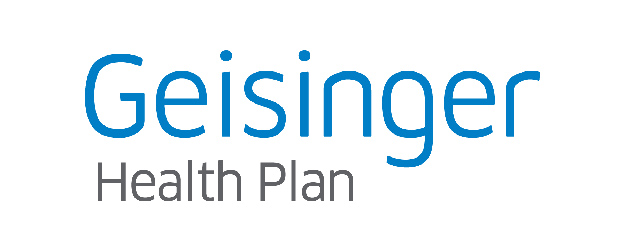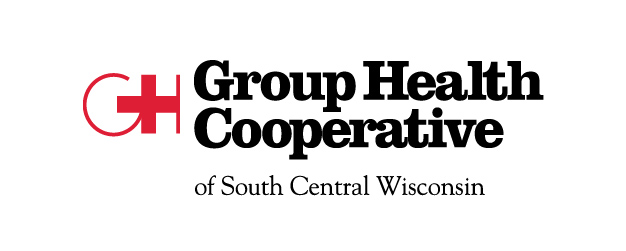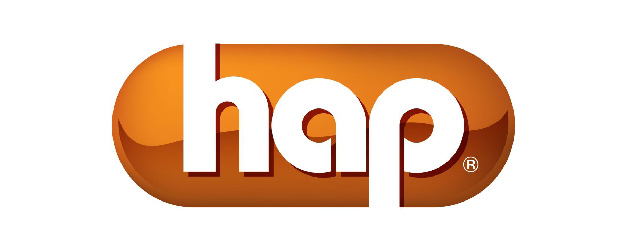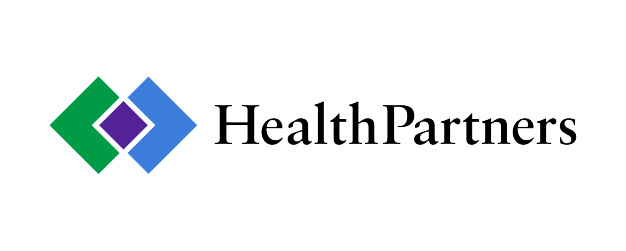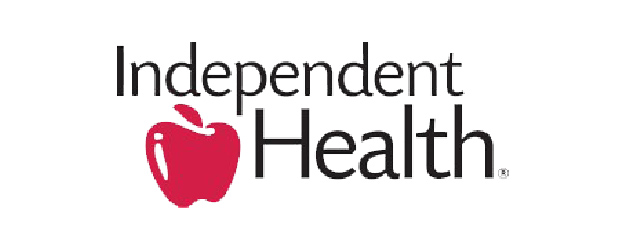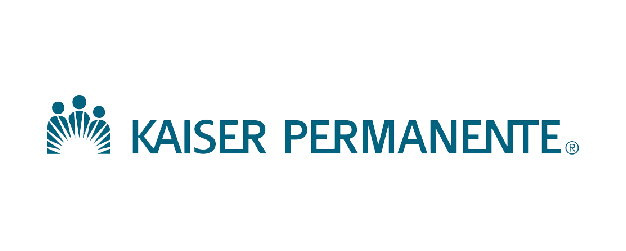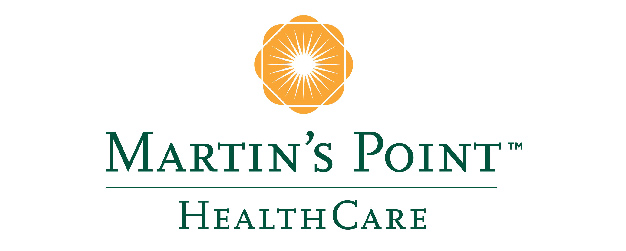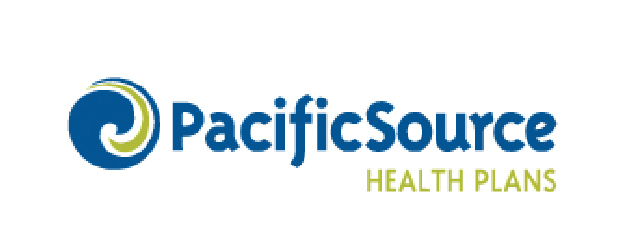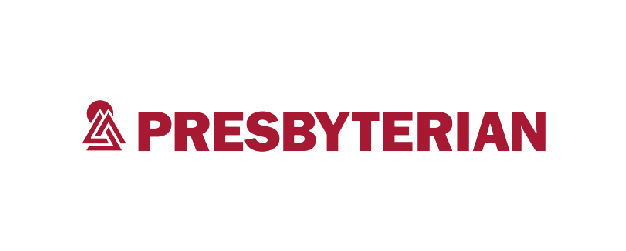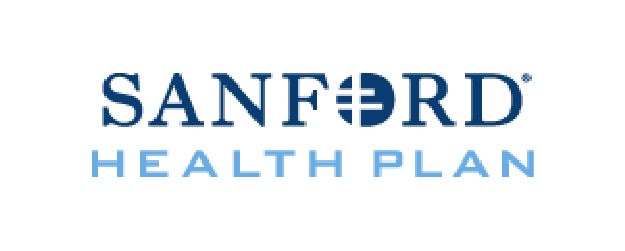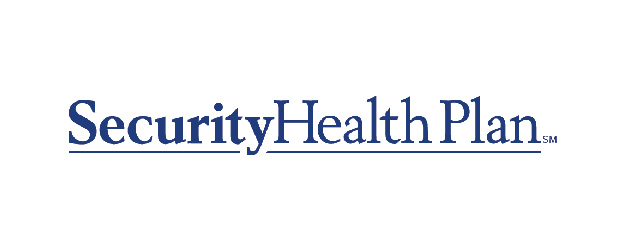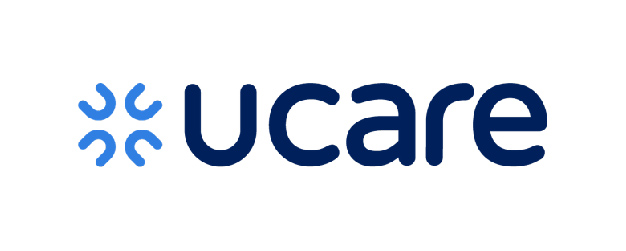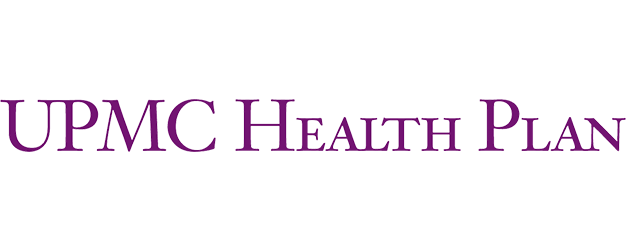Alliance of Community Health Plans
Report on Affordability in Health Care, 2023
Case Studies
November 2023
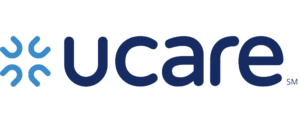
ACHP member UCare has expanded its Diabetes Health Coaching Program to address barriers to care, such as transportation or appointment availability, faced by some members. In 2022, the Minnesota-based company started offering over-the-phone health coaching and virtual visits with endocrinologists. The program has since expanded to include a phone app complete with educational materials, care management tools and other resources, such as scheduled reminders to take medications on time.
Additionally, health coaches use motivational interviewing and behavior change techniques to help members achieve their health goals. Coaches also look for gaps in care that could result in missed doses of medication and implement any needed changes to ensure compliance. UCare has seen a 12 percent increase in adherence to prescribed medication regimens amongst participants in the coaching program.
![]()
As part of its commitment to ACHP’s Chronic Disease Pledge, Wisconsin-based Security Health Plan partners with virtual-care providers to reduce the rate of diabetes among its members. Health plan members receive personalized support to help them live healthier lives. Under the program, members are provided advice, tips and encouragement on how to stay healthy. For eligible members, Security will even cover the costs.
If patients advance into more serious levels of diabetes, Security Health Plan partners with clinical pharmacists to conduct personal outreach phone calls to provide additional support and boost medication adherence. With these strategies and more, 73 percent of Security Health Plan’s diabetic Medicare members take their medications as prescribed.

ACHP member Fallon Health, based in Worcester, MA, developed the Pharmacy Medication Adherence program to help members stay current with their prescriptions. Under the program, patients receive personalized attention, including in-home pharmacist visits for members who may benefit more from face-to-face interactions. During these visits, Fallon Health members learn more about the medications that they are prescribed, including potential benefits and adverse effects. Social factors, including housing instability, food insecurity and communication barriers, are also assessed to determine if additional types of interventions are needed.
Fallon Health pharmacists partner with local provider groups to assist in improving medication adherence and aid in improving chronic disease outcomes. Providers are supplied with notifications regarding non-adherent patients, opportunities for conversion to a 90-day supply and low refill notifications to avoid interruptions in therapy.
The pharmacy team alone has reached out to 340 members and 60 percent have engaged with the program. Preliminary data shows that more than half of those who participated have shown improvement in taking their medications properly. In 2021, Fallon Health’s hypertension adherence greatly contributed to its high overall Medicare Advantage star ratings. Of the 8,900 Medicare enrollees with hypertension, 90 percent were taking their medications properly.
More than half of those who participated have shown improvement in taking their medications properly
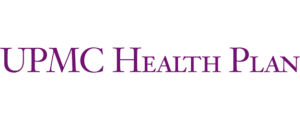
UPMC Health Plan has implemented a pilot program for its Medicaid population that targets increases in statin prescribing and adherence through the Pennsylvania Pharmacy Care Network, a subset of over 160 independent pharmacies. These pharmacies can more closely target members with diabetes who may benefit from statin therapies and provide necessary education.
UPMC is also measuring increased statin prescriptions among patients who are at risk of heart disease or diabetes. They use predictive analytics to determine the potential for medication noncompliance, and offer digital tools such as integrated voice response, text messaging and blogs to promote better medication management. UPMC’s statin adherence rate has steadily increased every year since 2015, with 92 percent of enrollees currently taking their statin medications as prescribed.
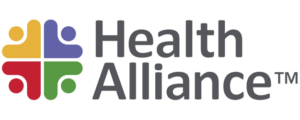
Champaign, Ill.-based Health Alliance’s commitment to quality and community led to the development of the Population Health Program, which integrates pharmacists into three different clinics across central Illinois. The program fosters collaboration among pharmacists who work with providers to improve adherence measures and address gaps in care. In addition, Health Alliance’s Electronic Medical Record system now features a “gap in care” notification alert, which sparks conversations with providers about ways to achieve better outcomes. Amongst nearly 10,000 Health Alliance members being treated for diabetes, hypertension, high cholesterol or some combination of all three, more than 75 percent are compliant with following their prescribed treatment regimens.
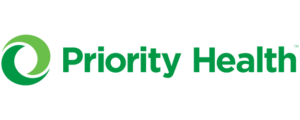
Priority Health’s PriorityMOM Program was initially implemented to solve the challenge of post-delivery readmissions related to hypertension. Participating mothers receive emails at specific times throughout their pregnancy with targeted messages to keep them on track with ideal care. Expectant mothers, for instance, are provided at-home blood pressure cuffs and are trained in how to use them. Since launching, over 640 moms have enrolled, and nearly 90 percent would recommend the program.
ACHP Members
1 Source: Neiman, A.B., Ruppar, T., Ho, M., et al. (Nov. 17, 2017). “CDC Grand Rounds: Improving Medication Adherence for Chronic Disease Management—Innovations and Opportunities.” MMWR Morb Mortal Wkly Rep. https://www.cdc.gov/mmwr/volumes/66/wr/mm6645a2.htm#:~:text=In%20the%20United%20States%2C%203.8,%2C%20and%20duration%20(4).
2 IBID
3 Source: ACHP commissioned analysis by Wakely Consulting Group, LLC, an HMA Company (Wakely) to analyze the relationships between various quality measures and certain utilization and cost metrics (September 2023).
4 IBID
5 IBID
6 IBID
7 IBID
8 IBID
9 IBID
10 IBID
11 IBID

